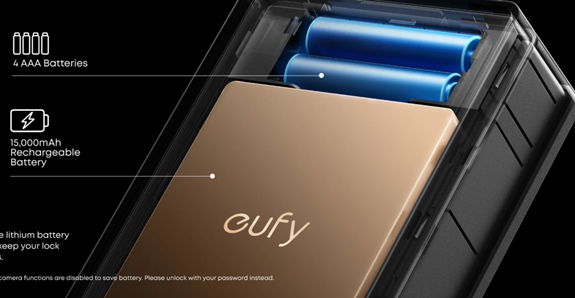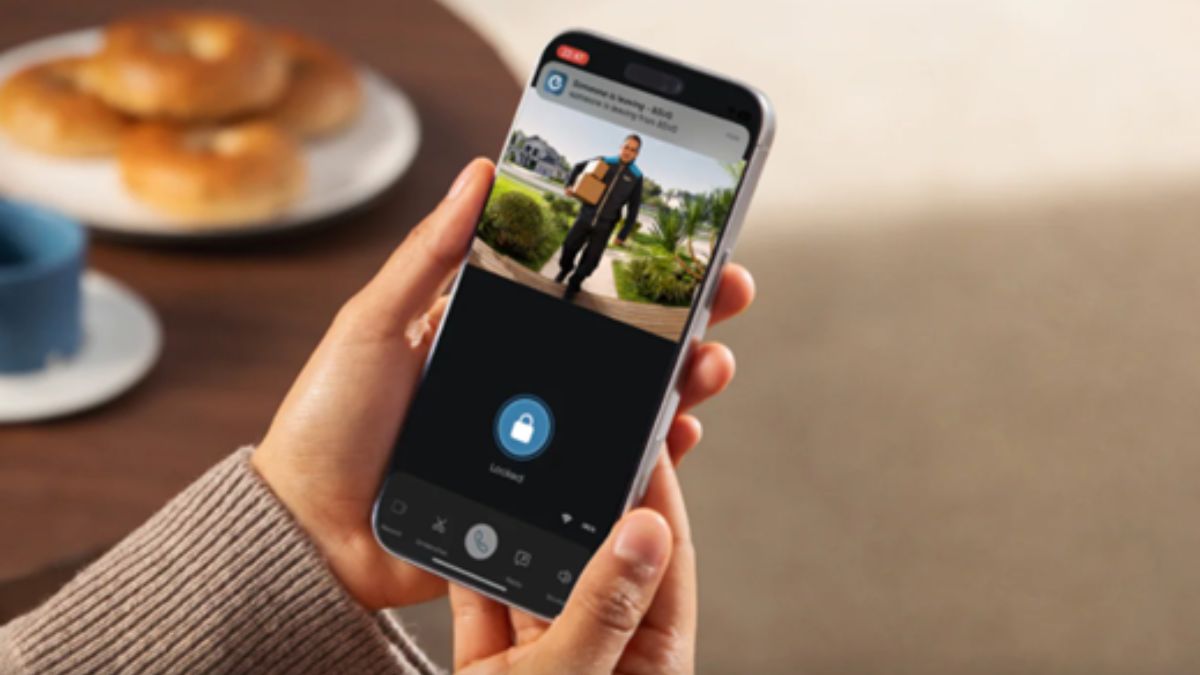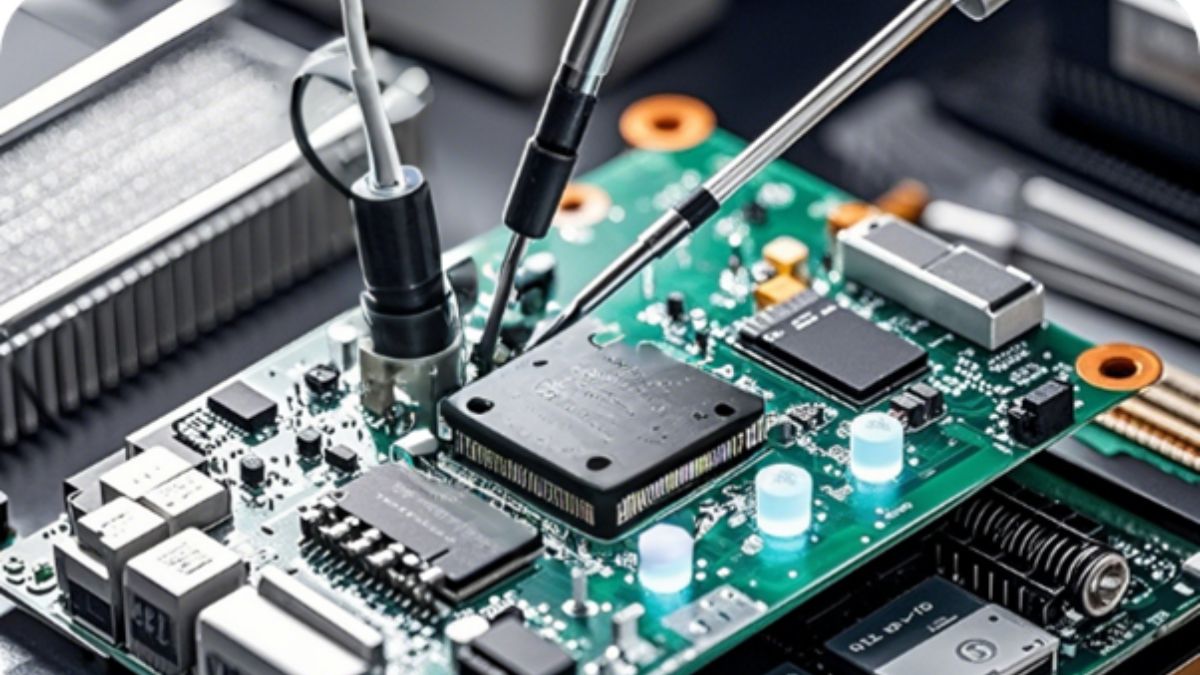Smart locks are no longer a novelty; they have transformed into an essential component of the modern home security system. The evolution of technology and changing consumer preferences are driving rapid advancements in smart lock technology. Homeowners are increasingly interested in features that offer not only security but also convenience and connectivity. As we look towards 2025 and beyond, smart locks promise to redefine how we secure our homes, offering smarter, more integrated solutions that cater to our digital needs. This blog delves into the latest trends, offering insights into what the future holds for smart locks and how these innovations are set to revolutionize home security.
Why Smart Locks Are Gaining Popularity
Shift from Traditional Locks to Digital Access
Today’s homeowners are embracing technology that provides enhanced security and accessibility. The shift from traditional locks to digital access systems is primarily driven by the need for convenience and improved security standards. Unlike traditional locks that require physical keys, smart locks allow users to gain entry via passcodes, mobile apps, or biometric data. This eliminates the risk of losing keys and the hassle of lock replacements. The digital transition also introduces features like auto-locking and remote access, which add layers of security and convenience.
Smart Locks as Part of a Connected Home Ecosystem
The rise of the smart home ecosystem has fueled the adoption of smart locks. These devices integrate seamlessly with other smart home technologies, such as security cameras, lighting systems, and voice assistants. This integration allows homeowners to create a cohesive and automated home security system. For instance, linking a smart lock with a home security camera enables real-time video feeds of entryways. Furthermore, smart locks can communicate with lighting systems to illuminate paths when someone enters, enhancing safety and convenience. Such interconnected systems exemplify the future of home automation.
Top Smart Lock Trends for 2025
Biometric & Contactless Entry Methods
Biometric technology represents one of the most significant advancements in smart locks. By utilizing fingerprints, facial recognition, or even voice identification, smart locks offer highly personalized and secure access control. The contactless nature of these systems ensures hygiene and convenience, especially in multi-user homes or rental properties. Biometric data offers robust security because it is unique to each individual, making unauthorized access more challenging. As technology improves, expect even faster recognition speeds and increased accuracy, making biometrics a popular choice for future smart locks.
Matter, Thread & Smarter Ecosystem Integration
The smart home market is abuzz with the upcoming integration of Matter, a new connectivity standard designed to improve interoperability between different devices. Matter aims to simplify the user experience by ensuring that all smart devices work seamlessly together, regardless of brand. Smart locks adopting Matter and Thread technologies will offer enhanced reliability and performance. These standards will enable devices to communicate faster and more securely, reducing latency and improving the overall user experience. As these protocols become mainstream, expect smart locks to integrate more deeply into smarter home ecosystems.
Enhanced Security Features & Encryption
Security remains a top priority for smart lock manufacturers. As more sophisticated cyber threats emerge, smart locks are being equipped with advanced encryption methods to protect user data and ensure safe access. Two-factor authentication, end-to-end encryption, and automatic security updates are among the features that bolster smart lock security. These enhancements aim to protect against hacking attempts and unauthorized breaches, offering peace of mind to homeowners. As technology evolves, smart door locks will continue to develop even more secure solutions to outpace potential threats.

How to Choose a Smart Lock in 2025
When selecting a smart lock in 2025, prioritize compatibility with your existing home ecosystem. Check if it supports the latest standards like Matter and Thread for seamless integration. Evaluate the authentication methods—whether you prefer biometric, keypad, or mobile app access. Consider security features such as encryption and the ability to receive timely updates. Aesthetics and physical design are equally important for ensuring your smart lock complements your home’s style. Finally, keep an eye on warranty and customer support for ongoing assistance and peace of mind.
Example Product Spotlight from eufy
Eufy, known for its innovation in home security, offers a range of smart locks that emphasize ease of use and security. The eufy Smart Lock Touch & Wi-Fi boasts fingerprint recognition, enabling quick entry and securing your home with a single touch. This model supports app control, allowing remote access and monitoring from anywhere. Enhanced with AES encryptions, it prioritizes user data privacy. With easy installation and compatibility with various smart home systems, eufy’s offering stands out as a robust choice for modern homeowners seeking convenience along with security.
Potential Challenges & What to Watch
Adopting smart locks isn’t without its challenges. Compatibility issues arise if a smart lock does not support existing smart home systems or future connectivity standards like Matter. Cybersecurity risks remain a concern; hence, opting for manufacturers with a solid reputation for security is crucial. Additionally, smart locks rely on a power source, raising concerns about battery life and maintenance—particularly during power outages or internet disruptions. Staying informed and selecting reputable brands can mitigate these challenges, ensuring your smart lock provides reliable and efficient security.
Conclusion
The smart lock industry is on the cusp of transformative changes. As new technologies like biometrics and interoperability standards like Matter emerge, the future of home security looks incredibly promising. Smart locks are set to become even more secure, convenient, and integrated into our daily lives. For homeowners, keeping up with these advancements will ensure that their homes remain not only secure but also at the forefront of innovation. As 2025 approaches, investing in smart lock technology will provide security and peace of mind while simplifying home management in an increasingly connected world.






